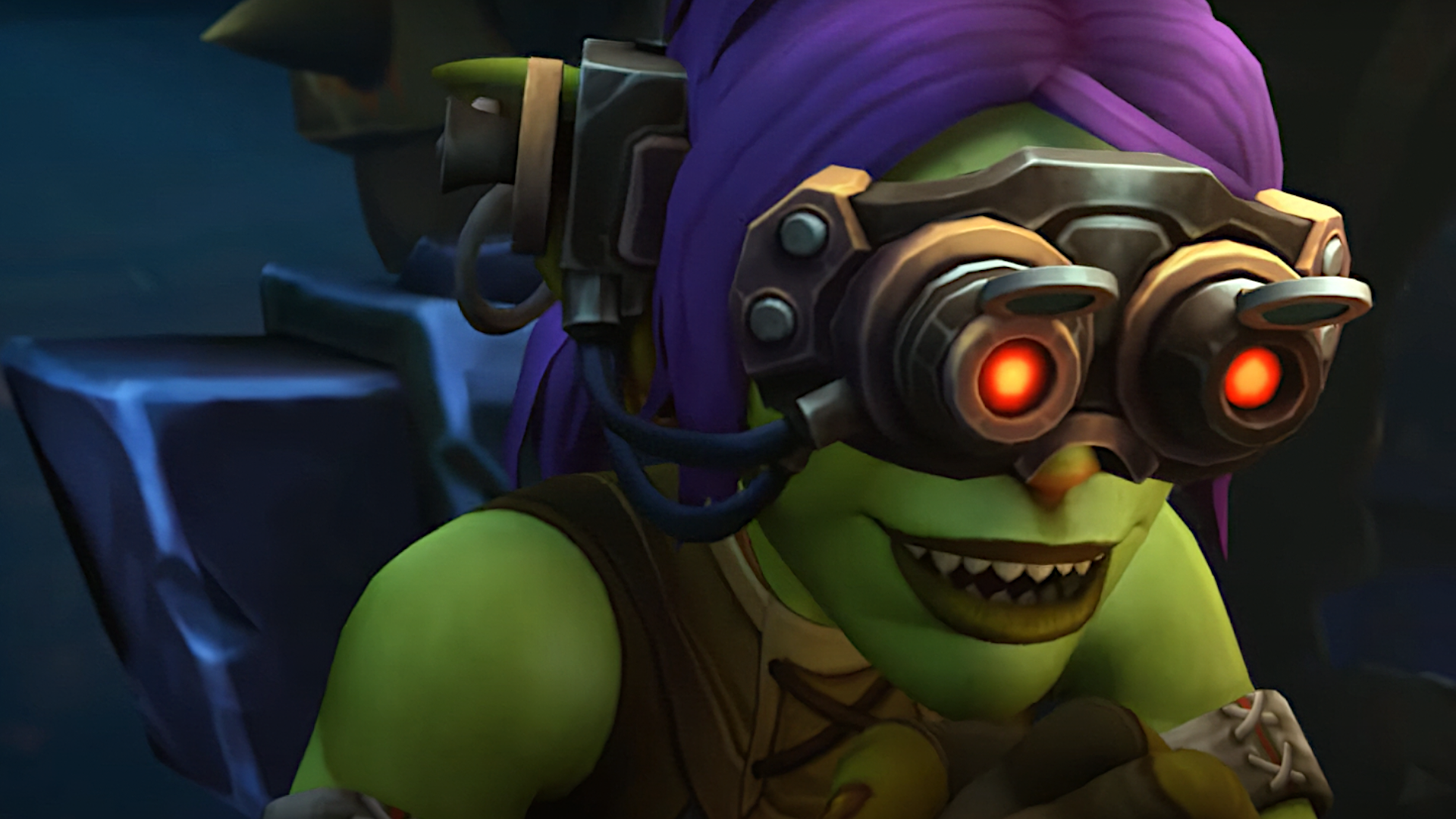
“I really should have explored more of the map.” That was what I was thinking as waves of xenomorphs hurled themselves at my squad. They’d taken cover behind a large map terminal and, with the help of the three turrets I’d placed at the edges of the room, had mowed down the first few waves. My ammo counters were running low, but we were holding. Then the xenomorphs came out of the air ducts behind me. Game over, man.
I wasn’t sure what to make of Aliens: Dark Descent when I sat down to play it at Focus Interactive’s booth at PAX East. Alien has a dodgy track record no matter the medium, and aside from 2003’s Aliens vs Predator: Extinction, the franchise has tended to focus more on action than tactics or strategy. I shouldn’t have worried. Dark Descent is attempting something new, but what it’s going for fits the franchise perfectly.
Aliens: Dark Descent is a real-time, squad-based tactical action game. Instead of controlling a single Colonial Marine, you’ll find yourself commanding a whole squad. If you’ve seen Aliens, imagine that you’re Lt. Gorman, sitting in the APC and issuing orders, then watching your squad carry them out. You’ll control the whole squad at once, with commands automatically carried out by the marine best equipped to execute it at the time based on their equipment, attributes, or positioning.
Stress is something your squad deals with, too. It builds over time in each individual marine, on a scale of 1-100. When it hits 100, the marine gets one of several debuffs.
The demo I played dropped my squad of four in a facility reminiscent of the industrial Weyland-Yutani vibe that marked Hadley’s Hope in Aliens. Tindalos Interactive has taken great care in capturing Aliens’ aesthetic. Everything, from the sound of the pulse rifles and smartguns, to the look of the computers populating the rooms, to the way the xenomorphs moved and their acidic blood sprayed when my team took them out, nails the look, sound, and feel of the film. The sound effects were so good that I wondered if they’d been lifted straight from the films. Few Aliens games have so fully embodied the style of films the way Dark Descent does.
The attention to detail is more impressive given how big the map I was traversing was. There were several objectives available. I was hunting down a device called the Codebreaker, but there were also sidequests encouraging me to find the armory or discover more about what had happened. Mostly I explored, running into the occasional xenomorph. A single alien is no match for your squad, but even a single blip on your motion tracker can be stressful. Where there’s one alien, there could easily be more.
Stress is something your squad deals with, too. It builds over time in each individual marine, on a scale of 1-100. When it hits 100, the marine gets one of several debuffs that can vary between lowering accuracy or being scared and less likely to engage in combat. You can stack up to three of these debuffs per marine, and stress can quickly debilitate your squad if you’re not careful. That’s where Dark Descent’s resource management comes in.
You can handle stress in a variety of ways. You can use health kits to bring it down, reprimand your squad to temporarily stop it from rising, or, if you have enough tools, weld the doors of certain rooms shut to create a sanctuary so your squad can rest. Everything you do costs resources. Welding doors costs tools you might need to fix something; spending a health kit to reduce stress means you can’t use it later to heal; and a reprimand is a Band-Aid, a quick fix. Soon, your marines’ stress will start to rise again.
Managing your resources is key, and the choices you make at one point in a level can help or hinder you later. Welding a door shut would cut down the ways the xenomorphs could approach, but it meant that I’d have to break the weld if I had to retreat through that area. My time with Dark Descent was filled with fraught choices. Delving deeper into the facility meant spending resources, gaining stress, risking my squad, and making the hive more aware of my presence, but it could also get me resources that might help me out later. Every trip into new areas was a slow, cautious affair, with my eyes alternating between my motion tracker and my squad’s status.
When you do get into combat, your squad is ready for it. In addition to their standard weapons, the squad has a number of abilities you can use when you inevitably encounter aliens. You can fire grenades, drop flares, have your squad pull out shotguns in close encounters, or, my personal favorite, lay down cones of fire with flamethrowers. Flamethrowers not only damage any xenomorphs they hit, the fire also remains on the ground and forces them to take different routes. Activating abilities slows down time, but you’ll still have to be on the ball to make sure you’re hitting a moving target. Like anything else in Dark Descent, abilities are a resource governed by ability points. Picking your spots is key.
I enjoyed Dark Descent most when it was hurling xenomorphs at me and I had to manage everything at once.
I enjoyed Dark Descent most when it was hurling xenomorphs at me and I had to manage everything at once: my squad’s position, my marines’ health and stress, what abilities I used, turrets I’d placed, and spots of fire on the ground, while challenging me to prioritize targets and manage close-range encounters. Every fight has stakes; you can pick up and carry any marine who’s been knocked out, but anyone who dies is gone for good. Battles are tense, hectic affairs; even with the ability to slow down time, thinking on your feet is crucial. Even killing an alien can be dangerous if their blood sprays onto one of your marines. When you manage a fight perfectly, Dark Descent feels incredible, and when I messed up, I always knew why.
I never managed to survive long enough to get that door open. I attempted it twice, but was beaten both times by choices I’d made earlier. Spending valuable resources to weld the wrong door, using a health kit to heal stress that I should have saved, positioning my squad in the wrong place, not deploying all of my sentry turrets. But I haven’t stopped thinking about it since, and I know, that given another chance, I could do better. Aliens: Dark Descent isn’t going to be easy, but it’s already gotten its hooks in me. If it can manage to do the license justice while providing the tactical action we’ve already seen, Aliens: Dark Descent will be a special – and unique – take on the franchise.
Will Borger is a Pushcart-nominated fiction writer and an IGN freelancer. His work has also appeared at TechRadar, GameSkinny, DigitiallyDownloaded.net, and Into the Spine. He specializes in covering fighting games, action games, strategy games, and first-person shooters. You can chat with him on Twitter @bywillborger.







